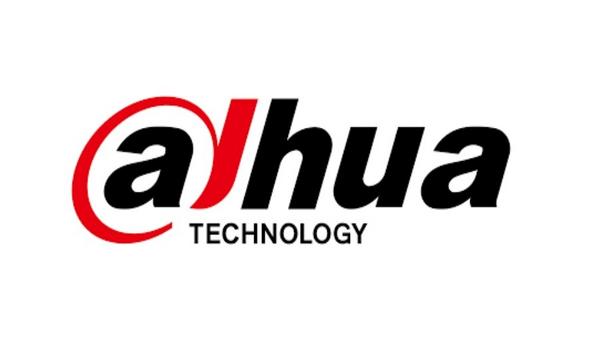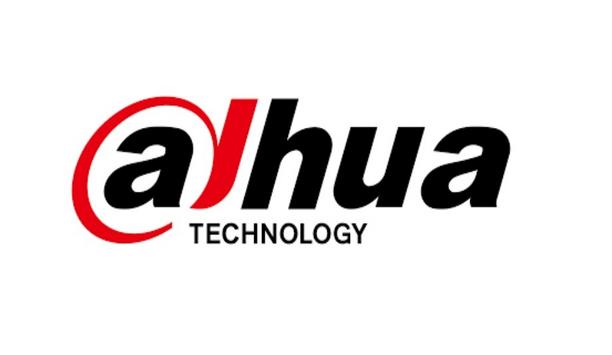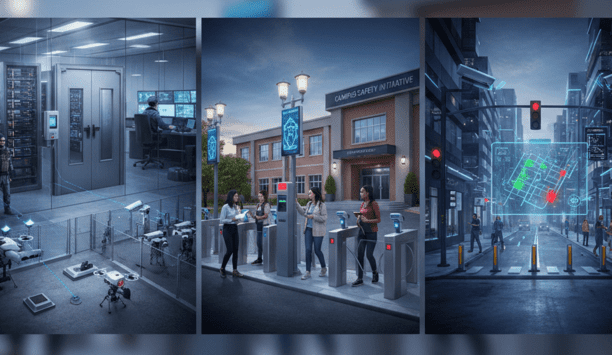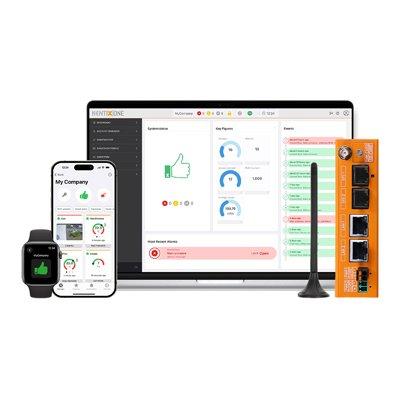IDIS America has published an educational eBook - Understanding Video Tech Requirements for Cannabis Retail and Production - following its success in the sector over the last two years. The eBook is part of the company’s commitment to support its systems integrator partners secure new growth sectors. This free resource will help them understand the risk and threat profile, as well as the security requirements placed upon this fast-growing and highly compliance-driven market.
According to a January 2021 Nasdaq report, “In a year that saw record-breaking volatility, cannabis stocks were standout performers. The rapidly growing marijuana industry is beginning to mature in North America, and investors are finally getting a glimpse of what the green rush is capable of. As we move into a new year, growth shows little signs of slowing. In 2021, the 10 fastest-growing marijuana stocks are expected to deliver sales growth ranging from 60% on the low end to as much as 176% on the high end.”
Varying security requirements
The eBook outlines the security requirements that are being levied on cultivation sites, medicinal dispensaries, etc.
New growth opportunities are especially ripe for systems integrators because a lack of regard to security measures can result in cannabis dispensaries and growers being slapped with penalties ranging from business shutdowns, revoked marijuana licences, and criminal charges. The eBook outlines the varying security requirements that are being levied on cultivation sites, medicinal dispensaries, and retail outlets, helping make sense of some of the disparities from state to state.
Cannabis operators are already faced with high set up costs, continued investment in research and development, as well as the need to educate the public and promote the benefits of marijuana-based products that are funded by significant sales and marketing budgets.
Complex risk profile
The eBook gives security professionals insight into how to recommend video technology that offers immediate upfront savings, technology that not only meets regulatory compliance but also helps operators realise an immediate return on investment by deterring and reducing crime and shrinkage at both cultivation sites and retail environments.
Jason Burrows, Sales Director for Western U.S. who is leading sales in the sector at IDIS America, notes, “Cannabis operators are challenged by a complex risk profile and regulatory compliance while still competing with organised gangs offering cheaper illegal products. In addition, the current lack of federal regulation means that retailers are unable to take payments through card payments that use banking systems."
High profile robberies
"To give customers easy access to cash, most dispensaries have installed ATMs. But this also makes them a target for crime. And while high profile robberies make headlines and damage customer confidence, it’s the insider threat that is most impacting the bottom line.”
To this point, it’s estimated that 90% of financial loss is due to employees stealing cash, product, and sweethearting in stores. Couple this with the fact that part-time staff is often transient and underpaid, making theft of product from cultivation sites equally prevalent.
Cyber security for medical dispensaries
Recreational customers can include high profile officials and VIPs, meaning leaked footage puts them at risk"
The eBook also highlights the importance of cyber security for medical dispensaries that need to meet the Health Insurance Portability and Accountability Act (HIPAA) requirements. Additionally, they need to ensure secure access, transmission, and storage of data to protect the privacy of all customers.
“It’s important to remember that in some states, and indeed many parts of the world, cannabis even for medicinal purposes isn’t legal,” Burrows adds. “Recreational customers can include high profile officials and VIPs, meaning leaked footage puts them at risk of public embarrassment, reputational damage, or even extortion should criminals gain access to video data.”
Intelligent video analytics
Understanding the threats outlined in the IDIS eBook makes it easier for system integrators to build compelling business cases based on risk profiles across single and multiple sites. Attractive security options including video surveillance will be those that are affordable with the ability to scale up as operators add new cultivation sites or dispensaries without exponentially increasing licensing fees.
They will also want to make futureproof investments providing the flexibility to add value through point of sale (PoS) integration, inventory and stock control functionality, and intelligent video analytics (IVA). Cannabis dispensaries, like most stores, will increasingly need insight into customer behaviour that will enable them to turn browsing into purchasing.
Automated audio warnings
They can be configured to notify staff to social distancing, and non-mask wearing violations
This will be especially important as they expand product ranges and compete with more e-commerce vendors that have sprung up during the coronavirus pandemic. The COVID-19 pandemic has also seen sales of recreational cannabis soar. This has challenged dispensaries to meet with local compliance, including adherence with occupancy and density limits and enforcement of face coverings.
This provides systems integrators with an immediate opportunity to present dispensaries with cost-effective AI solutions that can automate tasks such as counting customers in and out with a simple traffic light system. They can also be configured to notify staff to social distancing, bottlenecks, and non-mask wearing violations using push notifications and automated audio warnings to avoid putting frontline staff at risk.
Improve staff utilisation
Real-time dashboards can support staff to adapt operations on the ground, while comprehensive reporting helps dispensary managers not only meet compliance but also understand people flow, the cause of pinch points, and improve staff utilisation and store layouts to prevent the spread of infection without impacting the customer experience.
From facial recognition to LiDAR, explore the innovations redefining gaming surveillance
























